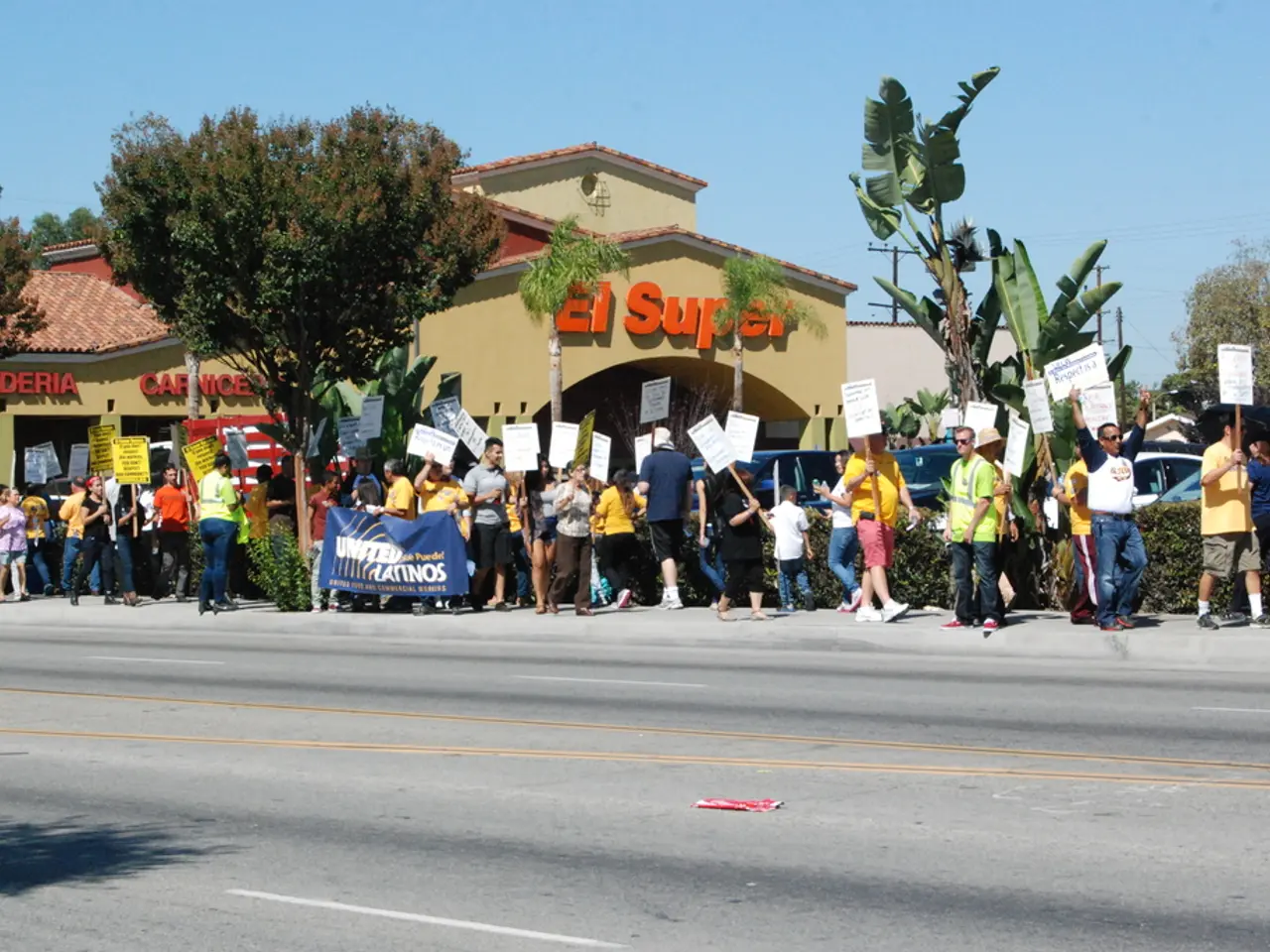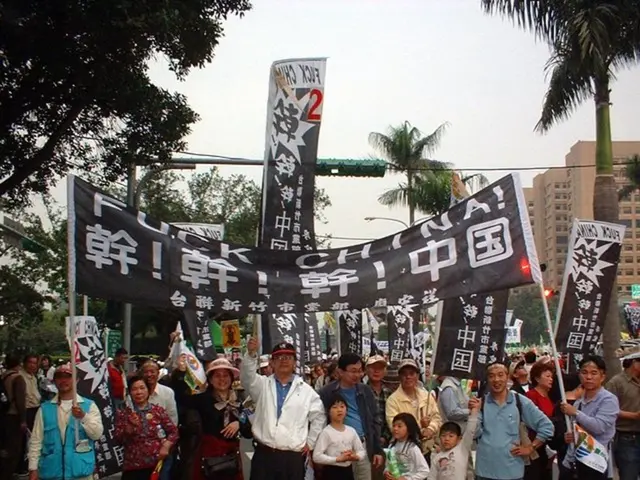"Solo action by a 'Boomer' is not just advantageous, but also poses a significant risk"
In a bid to stabilize the pension system, Marcel Fratzscher, president of the German Institute for Economic Research (DIW), has proposed a "Boomer Surcharge" on higher retirement incomes. However, the plan has sparked debate and potential criticism.
The "Boomer Surcharge" aims to levy a special tax on high retirement incomes, targeting statutory, private, and occupational pensions. Yet, it does not affect significant assets like real estate, stocks, or savings, which could lead to conflicts.
One of the main concerns is the equitable distribution of wealth. The surcharge targets pensioners with higher incomes, many of whom may have saved for retirement through private means, encouraged by previous government policies. Critics argue that this could be unfair, as it does not address wealth inequality, with the super-rich contributing less to social funds.
Another issue is the economic impact on retirees. While the surcharge targets higher incomes, retirees may not necessarily have wealth equivalent to the super-rich. Forcing them to give up part of their income could affect their standard of living and potentially exacerbate intergenerational equity issues.
Moreover, the proposal might discourage retirees from contributing to the economy through spending or volunteering, as they might feel financially strained.
Instead of targeting older workers or retirees, some critics suggest focusing on broader economic reforms. These could include policies addressing income inequality and corporate tax evasion, ensuring the wealthy contribute more equitably to social funds. Some argue that the surcharge could be replaced with more progressive taxation on wealth and high incomes, generating more revenue and addressing the root causes of pension funding issues.
Implementing the surcharge could also undermine trust in the retirement system and the financial advice provided by governments. Retirees who have planned their retirement based on existing policies might feel betrayed if they are asked to contribute more. The fairness of targeting specific age groups or income brackets could also be questioned, as it may not address systemic issues in the pension system or broader economic inequalities.
Critics have also labelled the "Boomer Surcharge" as a populist distraction tactic. Pension expert Bert Rürup has called it a "summer hole idea." The proposal's uncertainty regarding who counts as a wealthy retiree household also adds to the controversy.
The pension reform backlog is evident, indicating the need for serious action towards sustainable retirement provision. However, headlines alone will not solve the problem. The "Boomer Surcharge" issue underscores the need to tackle the well-known problem of double aging that politics has postponed for decades.
[1] Wealth inequality refers to the unequal distribution of wealth among individuals or groups in a society. The super-rich, in this context, are those with a disproportionately high amount of wealth compared to the majority of the population.
- The criticism raised against the "Boomer Surcharge" suggests that it may not be a fair solution to wealth inequality, as it only targets pensioners with higher incomes and not the super-rich, who often have substantial wealth outside of their retirements accounts.
- The proposal for a "Boomer Surcharge" has sparked debate, with some critics suggesting that rather than focusing on specific income brackets, broader economic reforms should be considered, such as progressive taxation on wealth and high incomes, to ensure the wealthy contribute equitably to social funds.




